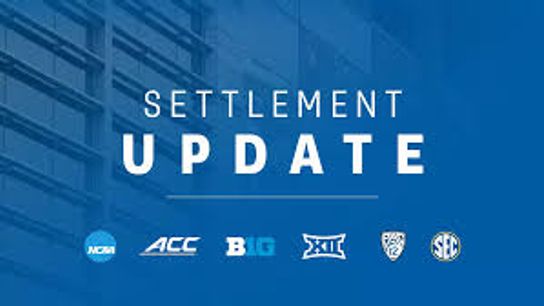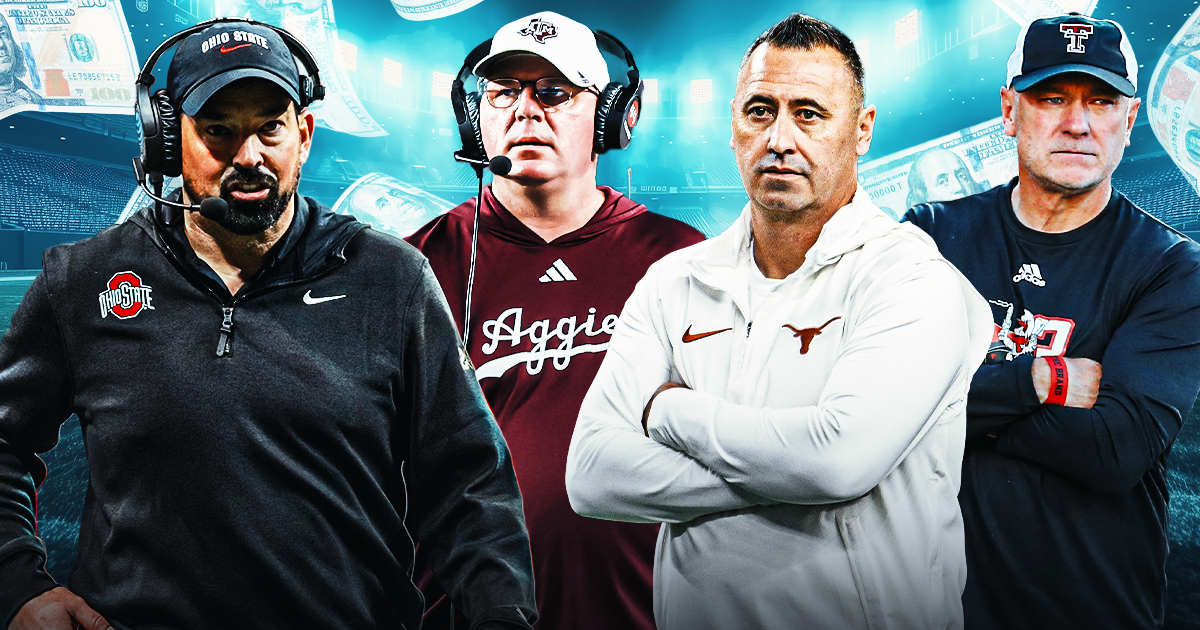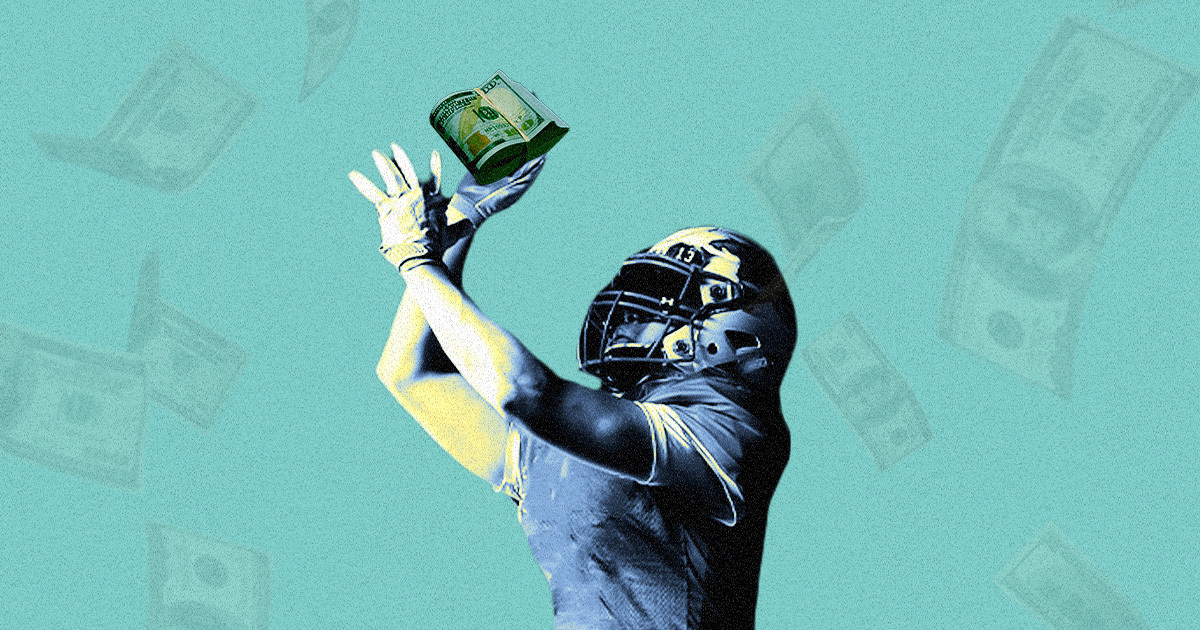TT has already spent a lot of Pre-House Pay for Play money the past couple of years on their FB and MBB teams as well. The big question is whether they find ways to continue to spend that much starting with the 2026-27 sports calendar year under House Settlement rules. Their Pay for Play contracts are done deals for for 2025-26 for all 3 sports.
As JP recently stated, there are some rich boosters out there who are acting like pro sports owners but without the future ROI of eventually selling the franchise. In this case, it's former TT SB player, Traci Sellers, wanting to see TT win a SB national title and buying players to achieve that goal.
The other thing is for normal people it’s almost hard to wrap your head around how inconsequential these dollar amounts are for a billionaire.
A billionaire spending $5m to buy the best softball team is the equivalent of someone with a net worth of a million spending 5 thousand bucks.
I can guarantee if I was a billionaire I would do a lot more wasteful spending than that.




